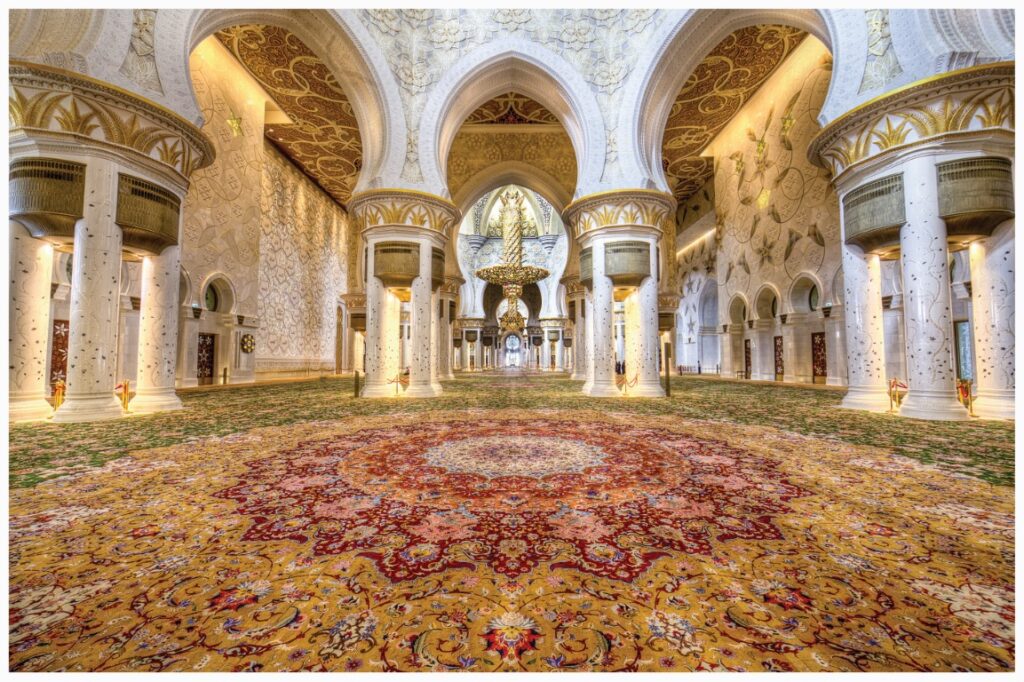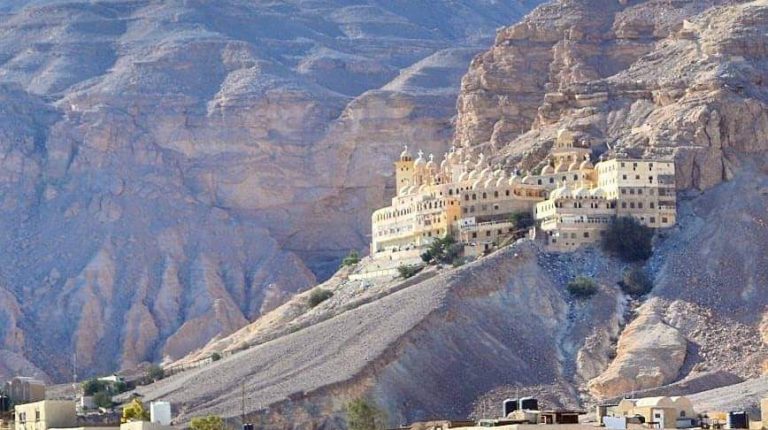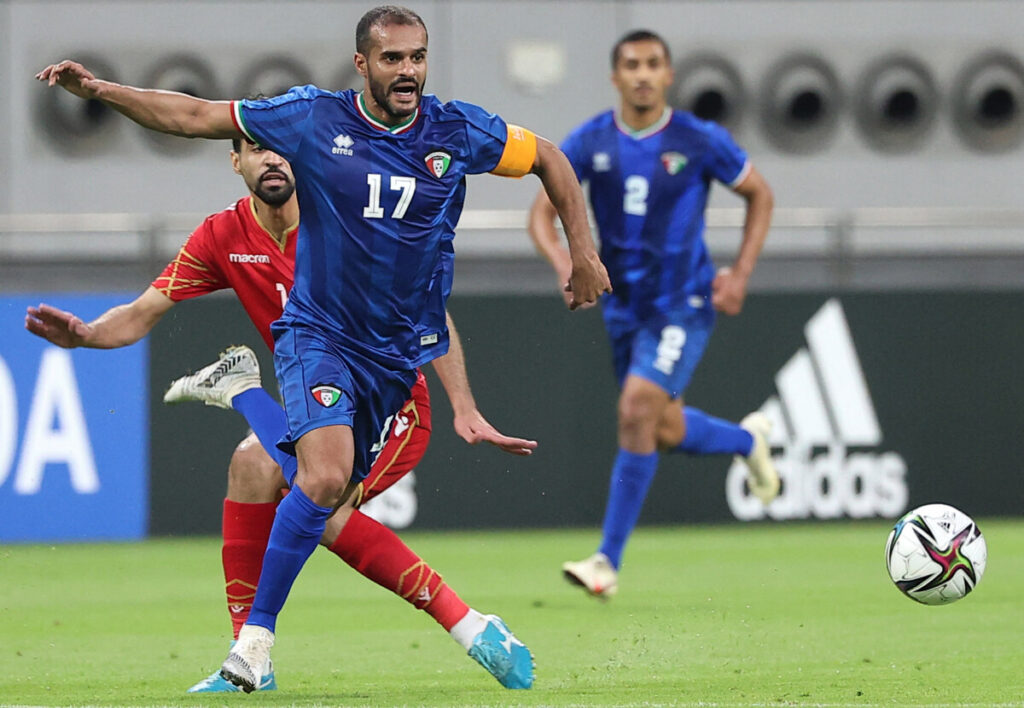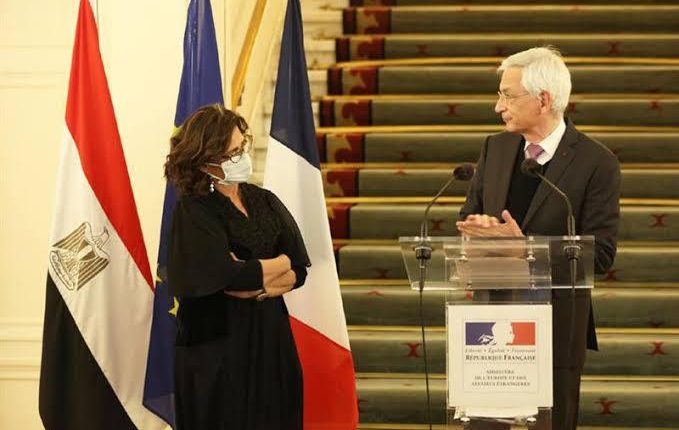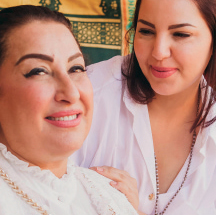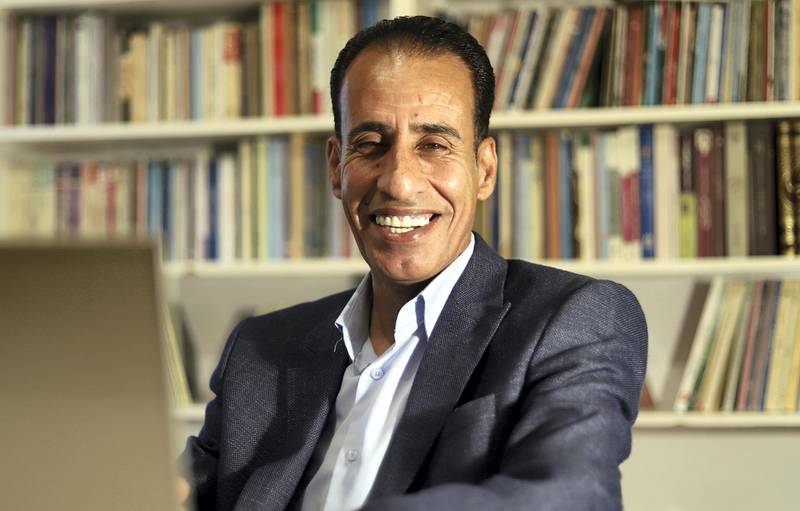Jonathan Broxton, a veteran music critic with Movie Music UK, has included the Pharaoh’s Golden Parade music by Hisham Nazih in his choices for best works of 2021.
Broxton is a Los Angeles-based British film music reviewer who for over the past two decades has written reviews published on Movie Music UK, an internationally renowned online platform dedicated to monitoring and writing about new developments in film music.
Each year, Broxton, who is also a member of the International Film Music Critics Association, sums up the year and picks his favourite works from the film industry from all around the globe.
In his latest entry titled Movie Music UK Awards 2021, Broxton highlighted the Pharaoh’s Golden Parade with music by Egyptian composer Hesham Nazih.
In April 2021, 22 royal mummies of ancient Egyptian kings and queens were transferred from the Egyptian Museum in Tahrir to their final destination at the National Museum of Egyptian Civilisation in Fustat, in a large ceremony that was broadcast live internationally.
As Broxton explains in his review, “the whole thing was a grand, spectacular celebration of Egyptian culture, featuring light and laser displays, and parades of men and women in traditional dress accompanying these ancient rulers to their new resting places.”
Speaking about the United Philharmonic Orchestra under the baton of Egyptian conductor Nader Abbasi, Broxton calls Nazih’s music a “spectacular orchestral and choral glory, bold, dramatic, intense, thematically rich, and mesmerizing when combined with the visuals of these long-dead kings and queens making their journey through contemporary Cairo. There are layered vocals with men and women intoning in superb call-and-response fashion, vivid cello ostinato, swirling string figures, bold explosions of brass.
Born in 1972, Nazih is an Egyptian film and television series score composer. His career has involved composing music for a number of successful films, including Hysteria, Sleepless Nights (2003), Tito (2004), Ibrahim Labyad (2009), Elfeel El-Azraq (The Blue Elephant, 2014), The Treasure (2017), The Treasure 2 (2019), Sons of Rizk (2019), among others.
Nazih also wrote the music for Born a King, a 2019 historical coming-of-age drama film directed by Agustí Villaronga. The film was a coproduction between the UK and five Arab countries.
His scores for the television series include Sharbat Louz (Almond Nectar, 2012), Niran Sadiqa (Friendly Fire, 2013), and Al-Aahd (The Covenant, 2015).
Over the years, he collaborated with a number of well-known directors including Sherif Arafa and Marwan Hamed, with whom he worked on several occasions.
Nazih’s work for El-Asliyyin (2017) brought him the Best Music award at the Cairo National Festival for Egyptian Cinema (2018). For his contribution to the film music scene, he was also awarded the Faten Hamama Excellence Award at the 40th Cairo International Film Festival (2018).
source/content: english.ahram.org.eg
_______
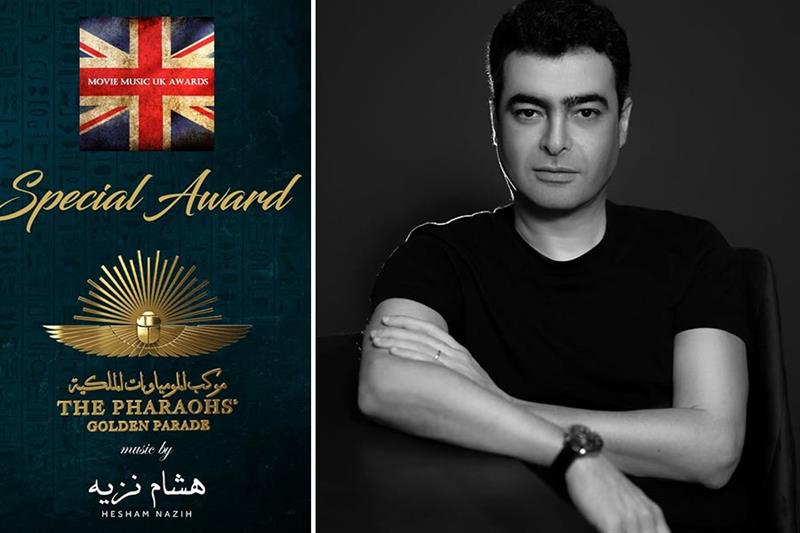
_________
EGYPT
